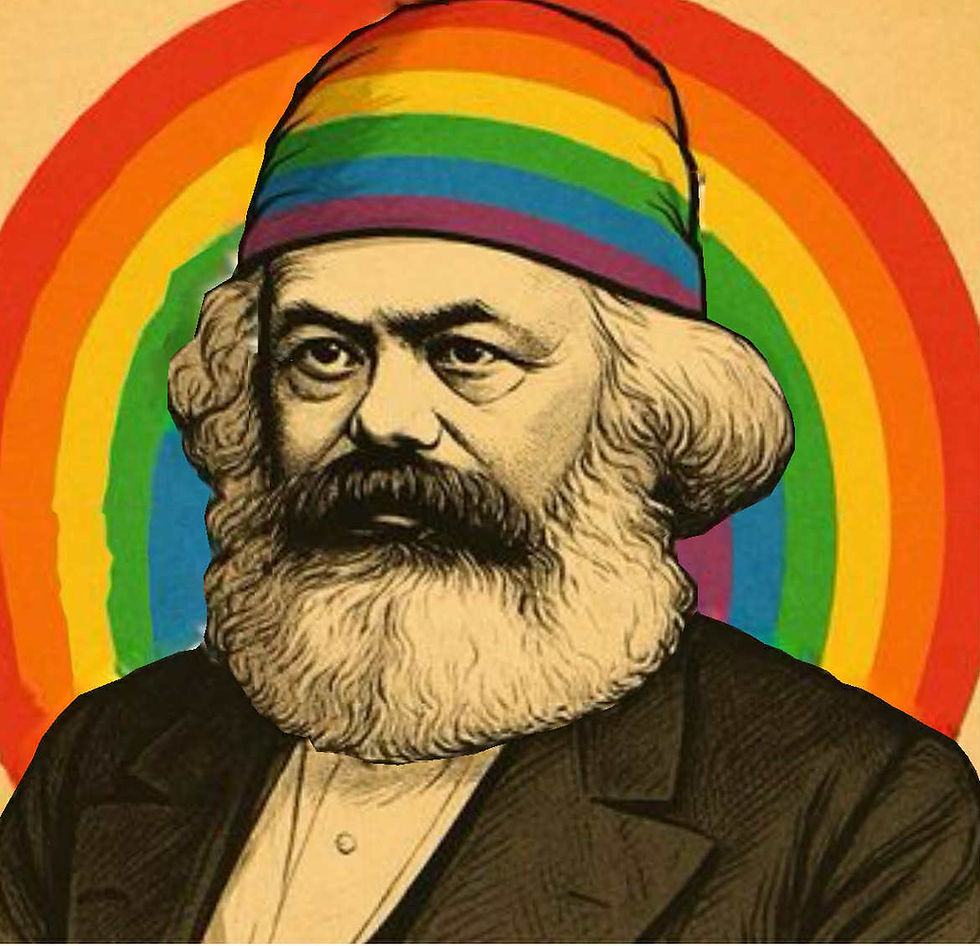Witchcraft is a Worldview
- Mike Burnette
- Feb 26, 2021
- 3 min read
Updated: Oct 29, 2024
A worldview is the sum total of one’s view of the nature of reality. Everyone has a worldview even if only a few reflect on their own. One’s worldview encompasses one’s views of how reality is composed, how it works, and how we as humans fit in or relate to our universe. It can entail one’s views about the purpose of life and the origin and destiny of us all.
Naturalism. Starting at the broadest level and working down, it is fair to say that the worldview of witchcraft is naturalism. Naturalism is the view that there is no transcendent reality such as God that can intervene in the natural world. Naturalism maintains that all of reality is interrelated and operates according to “laws.” Other expressions of naturalism would include materialism, which sees all of reality as being made up of matter that operates according to material laws.
Witchcraft, though an expression of naturalism, is not materialism. Witches recognize that reality extends beyond the realm of the material. This is sometimes confusing. A worldview can be naturalistic even if it accepts the reality of an immaterial realm; indeed, even acknowledging the existence of gods and goddesses does not preclude a worldview from being naturalistic. What stands in stark contrast to naturalism is a worldview that says that the natural realm (whether material, immaterial, or both) is the creation of a transcendent God. This is supernaturalism. This is what historic, orthodox Christianity is.
In our enthusiasm to establish rapport with those around us, who may embrace witchcraft as a way of expressing their own spirituality, I have recognized that ultimately witchcraft and Christianity are ideological foes in their worldviews. Not the people, the views. What ultimately counts is the objective truth about who God is, who we are as humans, and how we relate to God, and each other, through eternity.
Sharpening the focus, not only can we say that witchcraft is a worldview of naturalism, it is also a worldview of occultism. The term occult is from the Latin occultus meaning “hidden,” or “secret.” The category covers a wide range of beliefs and practices that are characterized by two main points that are often thought to be “hidden” from the average person. First, the occult maintains that there is force or energy into which one can tap or with which one can negotiate to do one’s own bidding, for good or bad. The familiar term spell is applied to the technique of harnessing and focusing this power. The late witchcraft practitioner Scott Cunningham explains, “The spell is…simply a ritual in which various tools are purposefully used, the goal is fully stated (in words, pictures or within the mind), and energy is moved to bring about the needed result.” Exactly what is the nature of this force or energy, according to the occultist, and what is the best way to work with it is what makes some of the main differences between the major occult groups such as shamanism, witchcraft, Satanism, New Age, and others.
Second, the occult maintains that human beings are divine. The practice of the occult arts is thus an endeavor to actualize one’s own divinity. As witchcraft practitioner Margot Adler claims, “A spiritual path that is not stagnant ultimately leads one to the understanding of one’s own divine nature. Thou art Goddess. Thou are God. Divinity is imminent in all Nature. It is as much within you as without.”




Comments